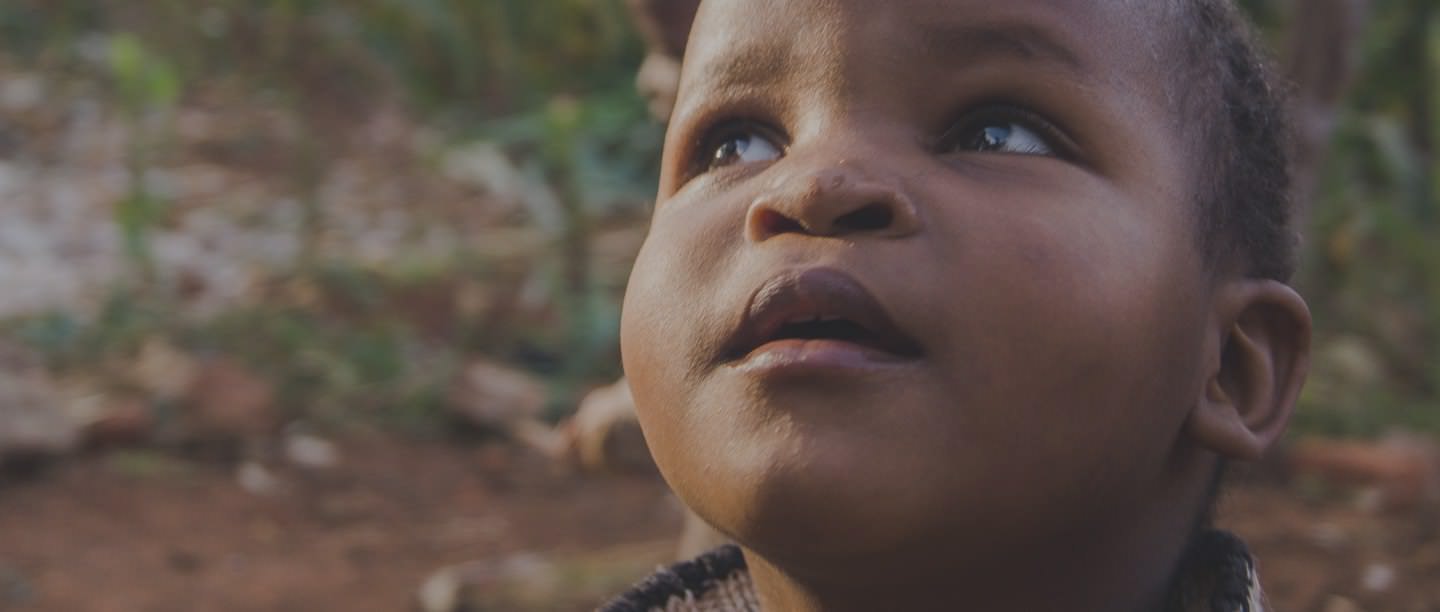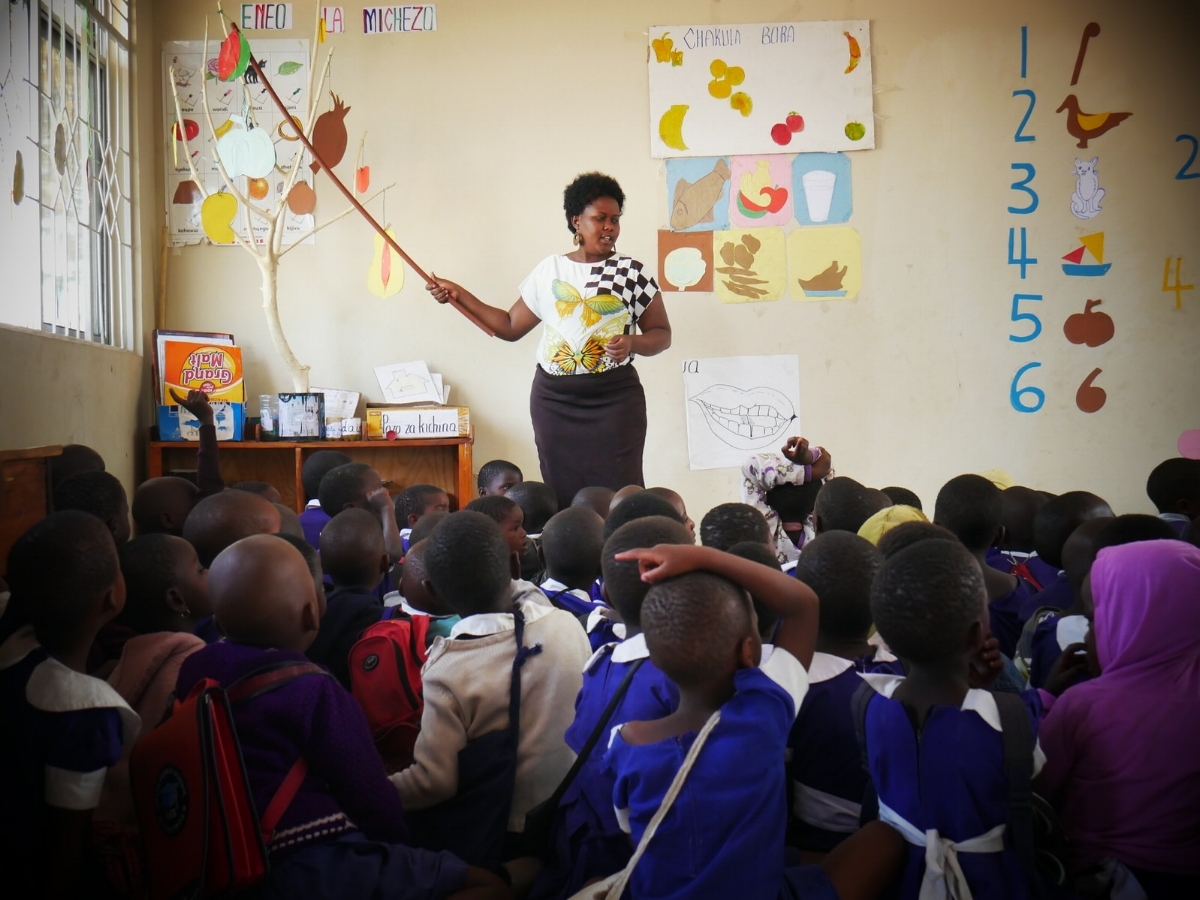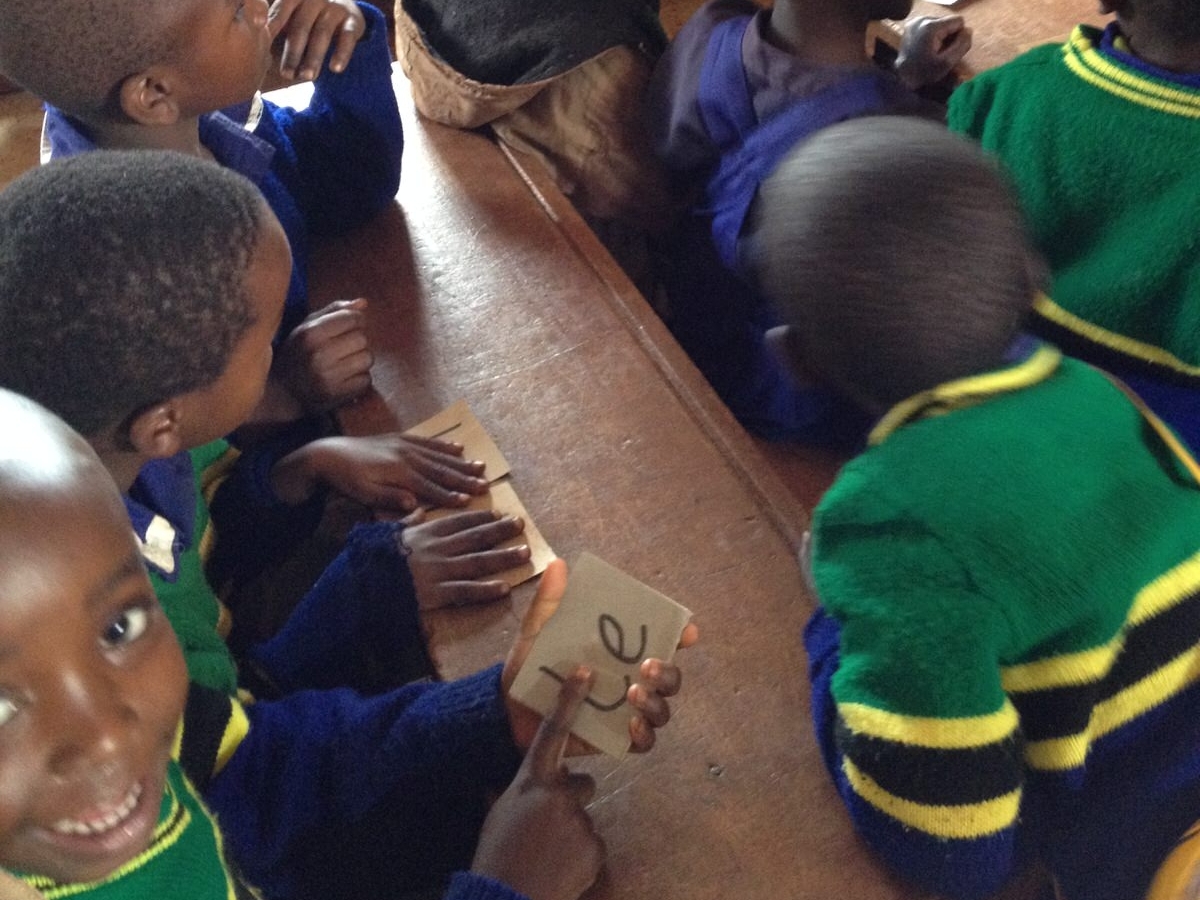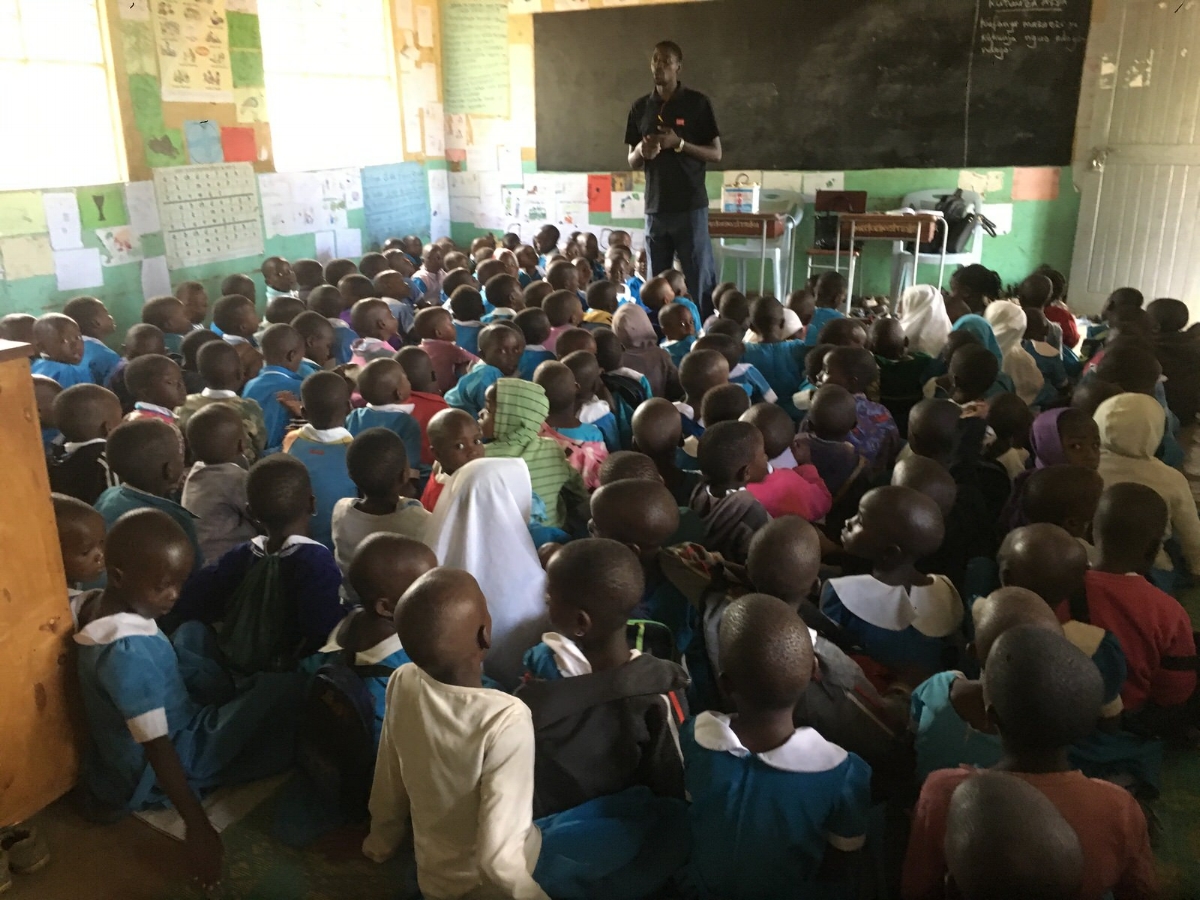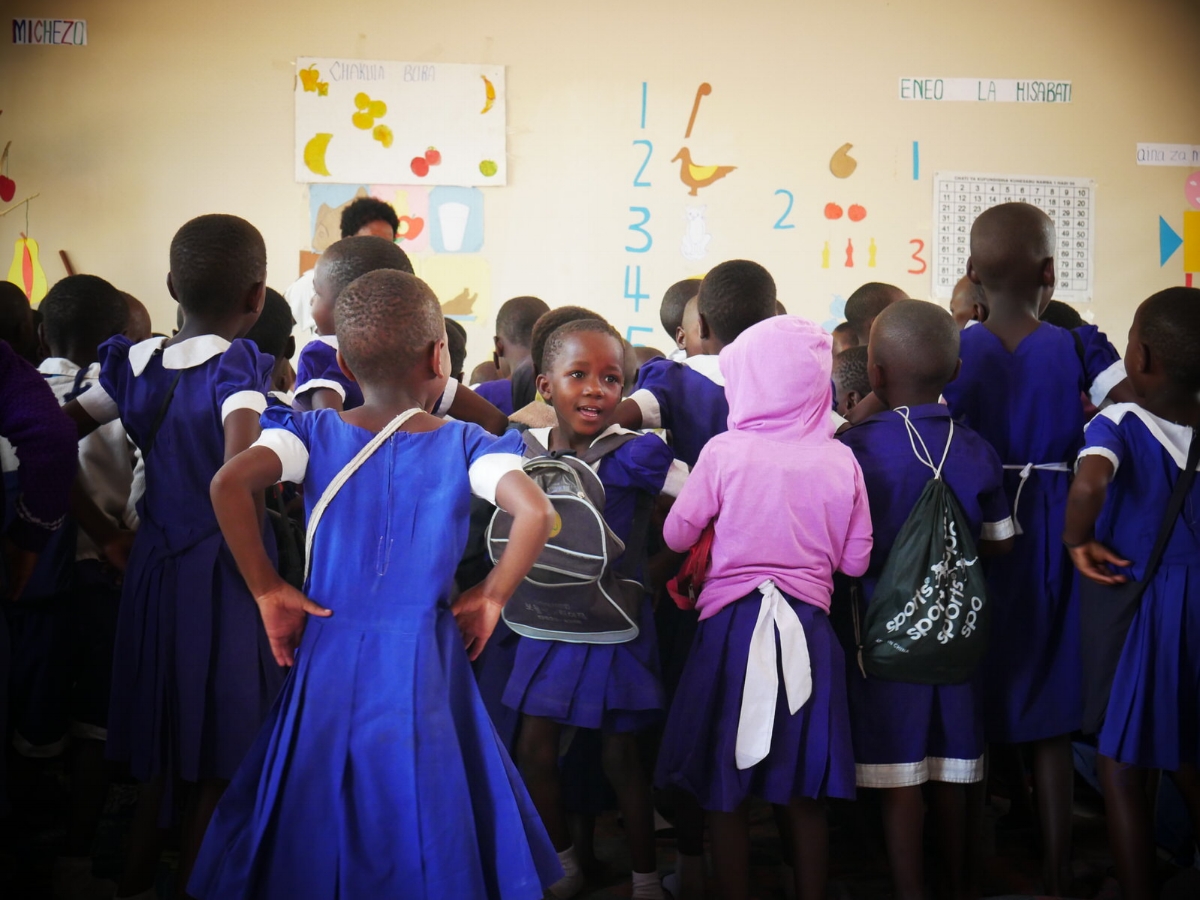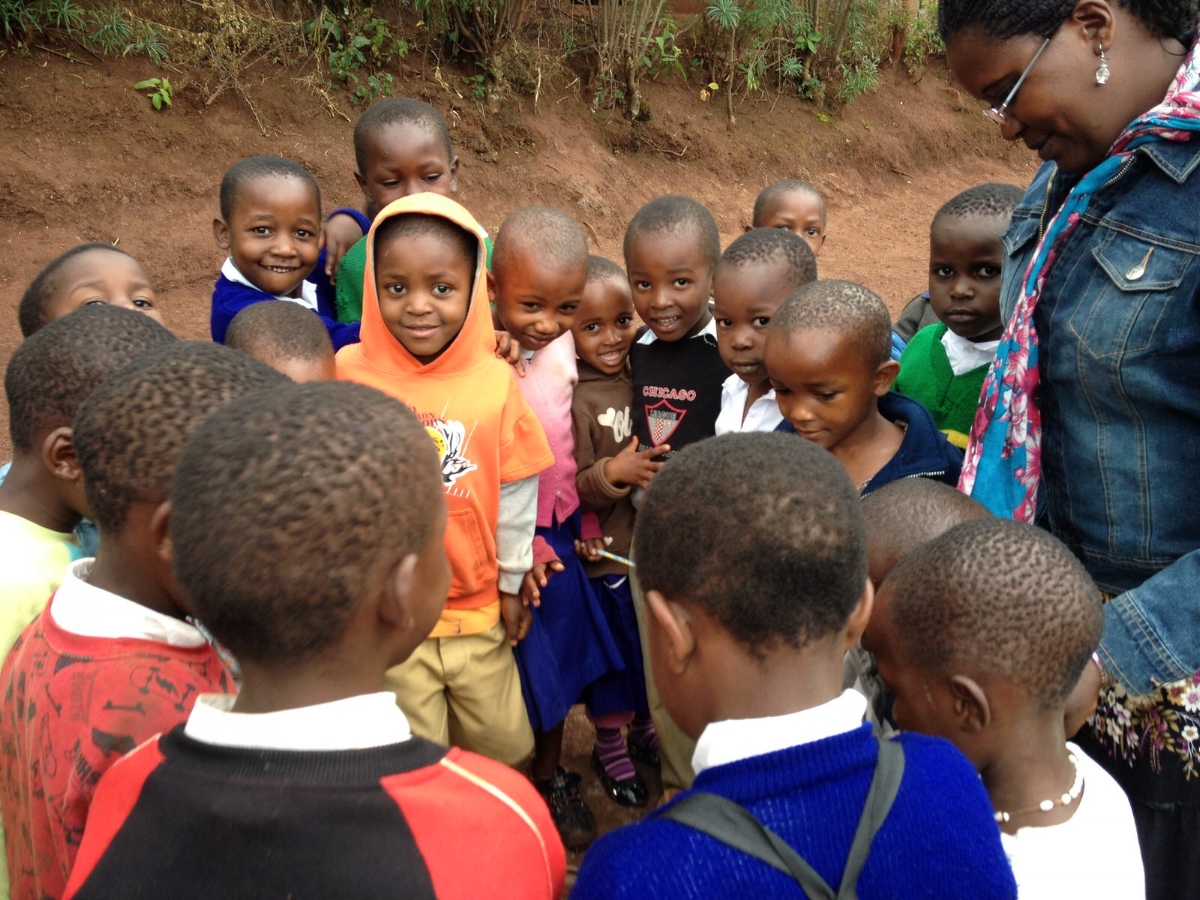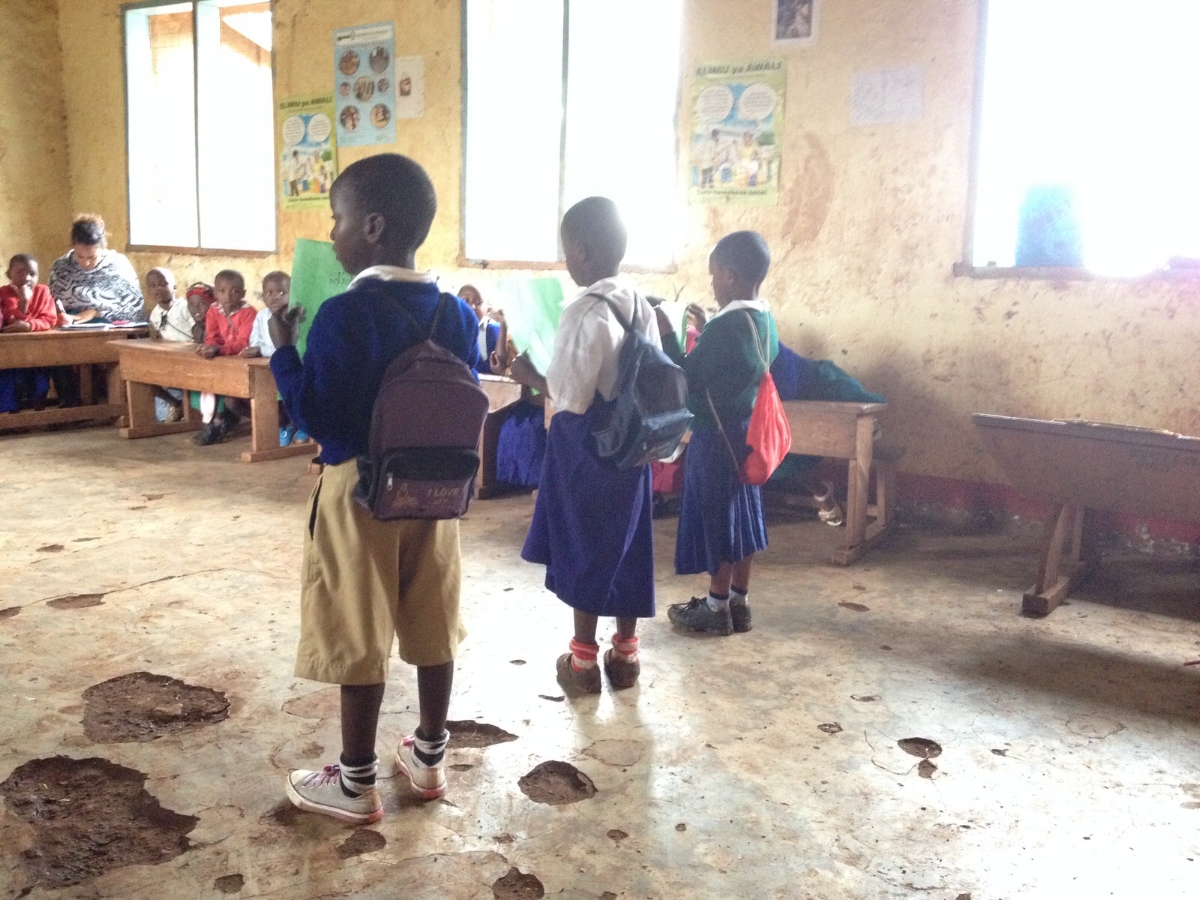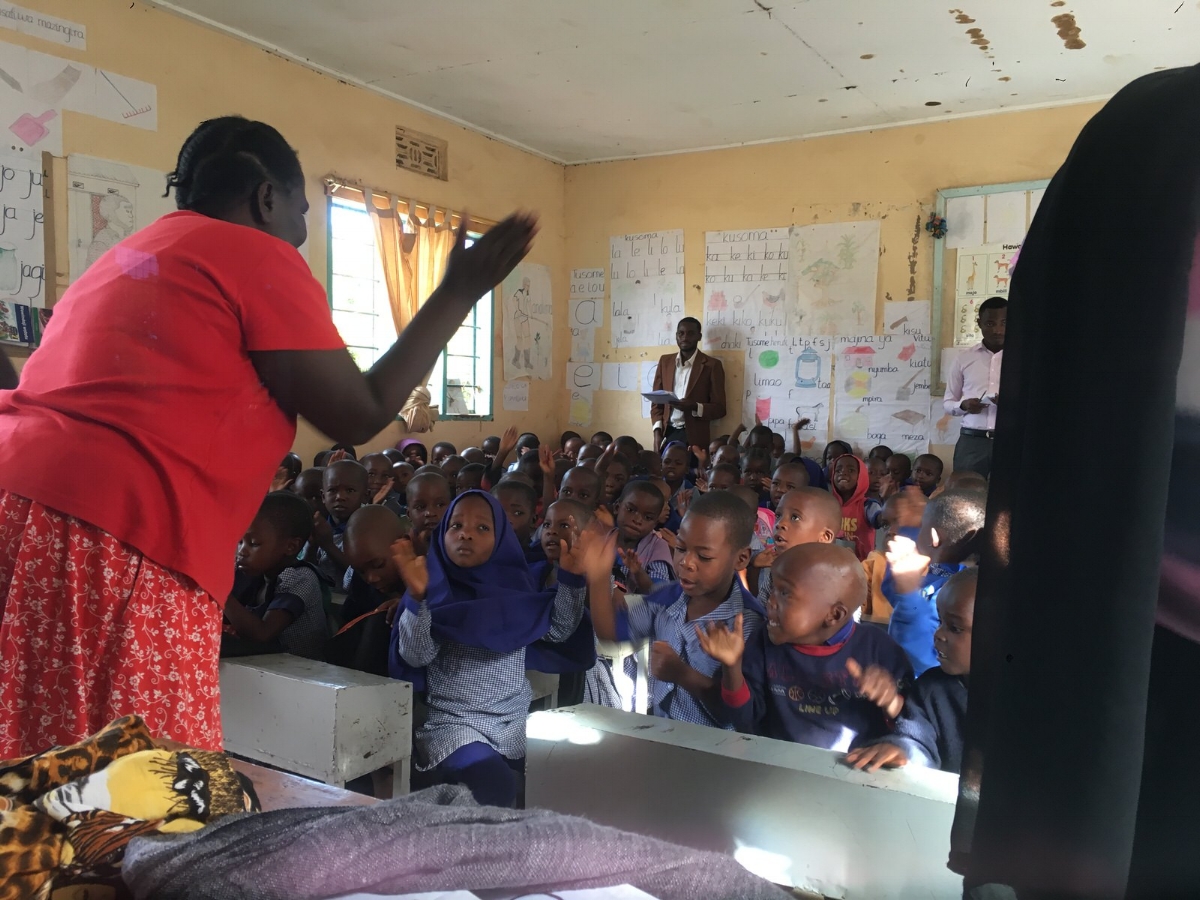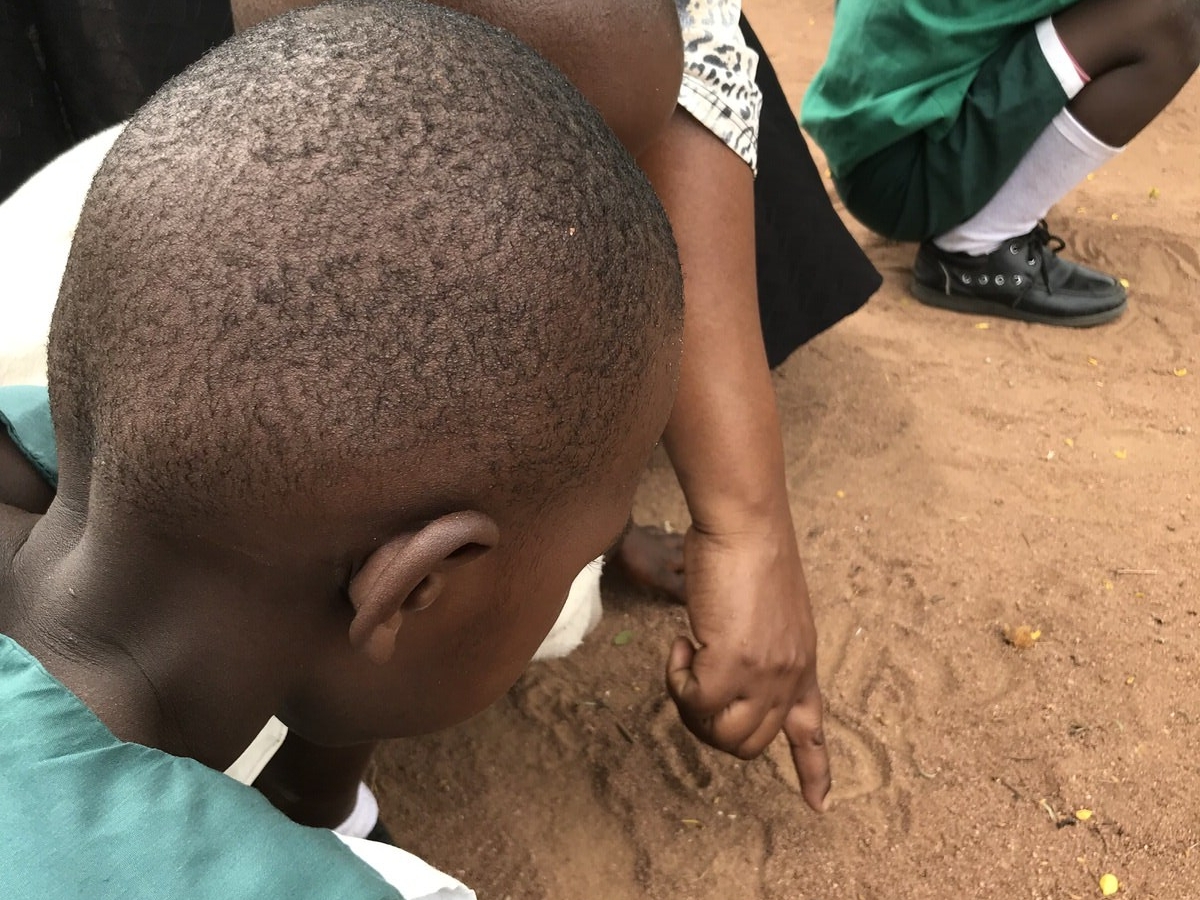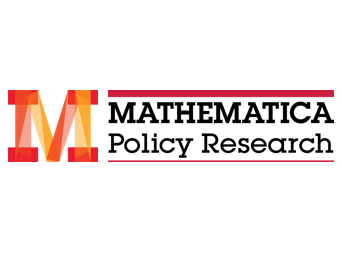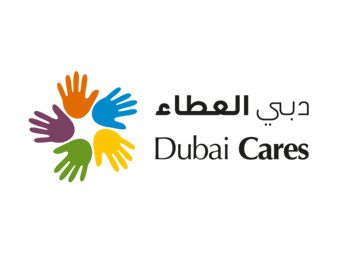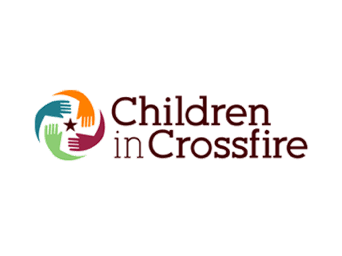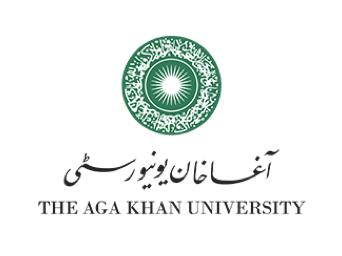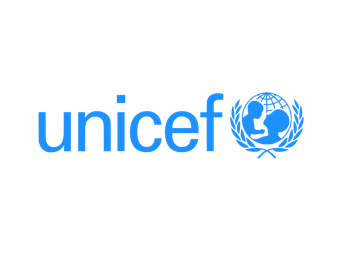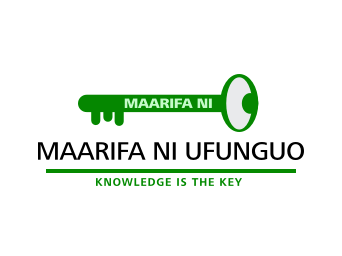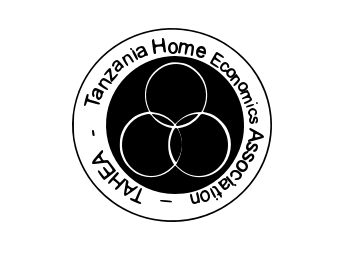
“Evidence to Action”
Approach
The FkW Collaborative developed and tested a pre-primary package of interventions in an effort to establish a low-cost model of quality education in Tanzania. In the Learning Agenda, we used evaluation and research methods to monitor, evaluate and learn about the implementation, outcomes and impacts of FkW in a changing context. Many of our key findings come from teacher and classroom observations and student learning assessments.
Enrollment and Attendance
Across Tanzania, student enrollment has dramatically increased due to successful efforts to improve school access. However, access comes at the cost of quality in pre-primary with congested classrooms and a worsening teacher shortage.
Teacher Work force
The extreme shortage of pre-primary teachers has led to untenable pupil to teacher ratios. While the demand for quality pre-primary is high, an ongoing hiring freeze and a teaching force that lacks early childhood training remains an impediment to quality education.
Learning Outcomes
Even with modest improvements in recent years, students’ early grade reading and math outcomes remain poor and below government targets. In the Learning Agenda, we assessed student learning using the MELQO and EGRA and EGMA student assessment tools.
Financing Pre-Primary
Quality pre-primary education requires adequate funding for staffing, classroom environments, and learning materials. We examined school financing over two years capturing monthly data on capitation grants, family contributions, and other sources of support.
Voices from the Field
We conducted extensive qualitative interviews and focus group discussions to document the perspectives of Tanzanians. We wanted to understand key issues facing pre-primary education, such as the Fee Free Education policy, the teacher shortage, capitation grants, and implementation of the FkW intervention.
We conducted more than 150 qualitative interviews with teachers and paraprofessionals, head teachers, and ward and district education officials in 2017 and again in 2018. We also conducted focus group discussions with school management committees, community members, and parents in 2017 and 2018.
We selected respondents from intervention and comparison schools in both Kilimanjaro and Mwanza. We also interviewed respondents who participated in the Fursa Kwa Watoto intervention pilot. Here we share their words while we continue to analyze this data. Our findings are the foundation for policy and programmatic recommendations.




